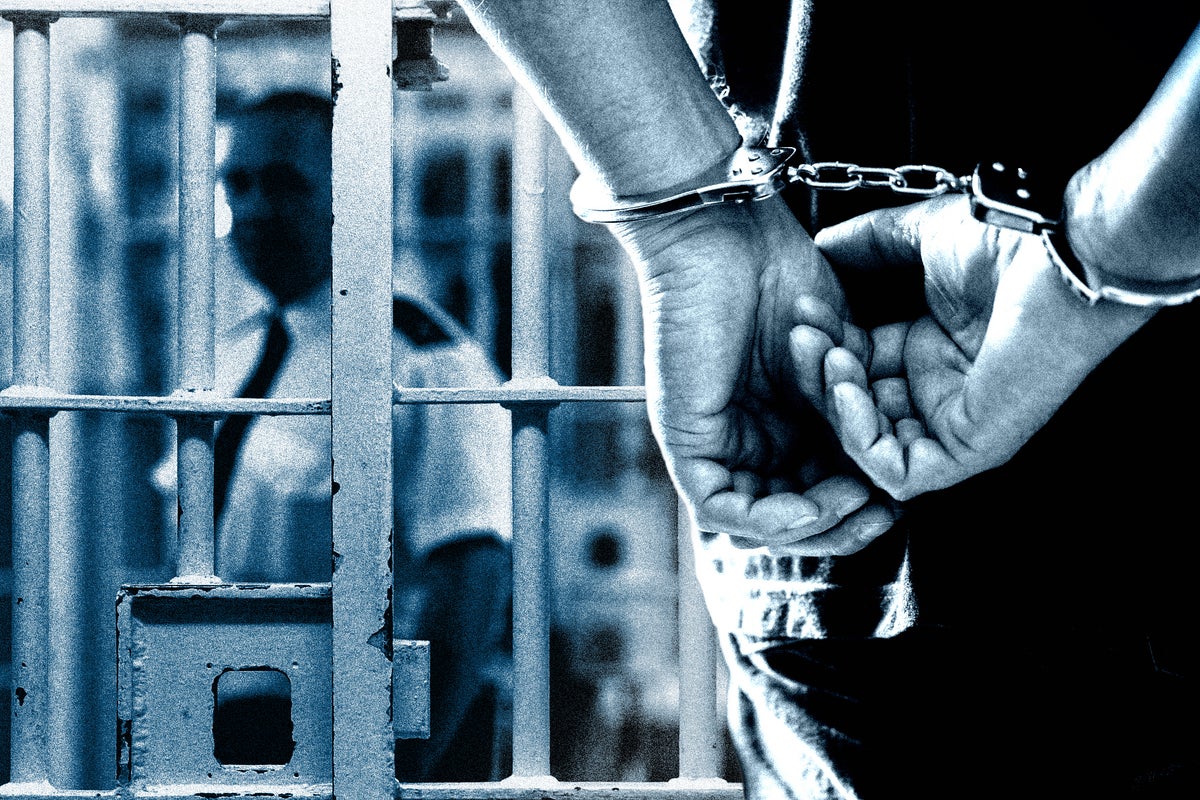Excluding prisoners trapped under abolished indefinite jail terms from new measures to free up hundreds of desperately needed prison cells has been branded “morally wrong” and a “missed opportunity”.
Shabana Mahmood, the justice secretary, this week announced emergency measures to automatically release criminals recalled for breaching their licence conditions after 28 days in a bid to prevent prisons reaching “zero capacity” in a matter of months.
But those serving “inhumane” Imprisonment for Public Protection (IPP) jail terms – which have left thousands trapped in prison for years longer than their original term or caught in a recall merry-go-round – will not be eligible for the recall release scheme.
A Labour peer has blasted the exclusion as a “scandal on top of a scandal” as campaigners warn the move could lead to more suicides and self-harm among IPP prisoners, after 94 have already taken their lives in custody.
The controversial open-ended jail terms were introduced in a bid to be tough on crime in 2005. They were scrapped in 2012 due to human rights concerns, but not retrospectively, leaving those already jailed trapped until they can prove they are safe for release.
They are then subject to strict licence conditions which can see them hauled back to prison indefinitely for minor breaches, such as missing a curfew.
More than 1,500 of the 2,544 prisoners languishing on the jail term are inside on recall.
Seven in 10 of those – more than 1,000 prisoners – have committed no further crime but will be held indefinitely until the Parole Board agrees to their re-release, which takes an average of 26 months.
“This is not only inhumane and unjust, it’s morally wrong and a waste of taxpayers’ money,” a spokesperson for United Group for Reform of IPP (UNGRIPP) told The Independent.
“The government could help fix the prison crisis by fixing the issue with IPP altogether or at the very least, release those who have committed no further crime, which would empty one of the largest prisons entirely. This lack of action is a deliberate choice by the current government ministers.”
Experts have said it is “fundamentally wrong” that the government is continuing to spend up to £145m each year locking up prisoners on a sentence branded inhumane by the UN, while resisting calls to resentence them from the justice committee.
The latest blow comes after the jail terms were also excluded from the government’s early release scheme, which has freed more than 16,000 inmates after just 40 per cent of their jail term, and Labour’s upcoming sentencing review to ease overcrowding, led by David Gauke, the former justice secretary.
Reformed IPP prisoner Marc Conway, one the heroes of the Fishmongers Hall terror attack, fears it will spark a fresh wave of self-harm and shows the government has “no appetite” to address the scandal.
He said: “It is very disappointing that IPP prisoners have been left out of any kind of sentencing review – especially the current changes to recall. It feels like if you are IPP you are being punished again and again and again.”
He said hundreds of recalled prisoners on IPP don’t deserve to be there. “It’s not only wrong and a waste of taxpayers’ money but it’s also inhumane,” he added.
“I think the government should be embarrassed by this. They need to understand that every missed opportunity to deal with the IPP scandal is going to cause more deaths and more self-harm.”
Shocking examples of the IPP sentence highlighted by The Independent include Leroy Douglas, who has served almost 20 years for stealing a mobile phone; Thomas White, 42, who set himself alight in his cell and has served 13 years for stealing a phone; and Abdullahi Suleman, 41, who is still inside 19 years after he was jailed for a laptop robbery.
Mandy Lawrence, whose son James has served more than 25 times his eight-month minimum tariff for threatening someone with a starting pistol, is still stuck in prison 19 years after he was handed an IPP sentence. He is currently in HMP Highpoint with no release date on his fifth recall.
The mother said it was “disgusting” that IPPs have once again been overlooked, adding: “They don’t care about IPPs in any shape or form.”
Campaigner Shirley Debono, whose son Shaun Lloyd is currently in prison indefinitely on his fourth recall, said it was yet another “slap in the face” for IPP prisoners.
Labour peer Lord Woodley has tabled a private members bill to end what he describes as an “industrial scale miscarriage of justice” by resentencing all remaining IPP prisoners, but the government has refused to support it.
He told The Independent: “Given the desperate need for prison spaces, it’s a scandal on top of a scandal for them to be excluded like this, and I urge the government to take bold action including resentencing to wipe this stain off our justice system for good – or at the very least resentencing those living on licence in the community, having been deemed safe for release by the Parole Board.”
Richard Garside, the director of the Centre for Crime and Justice Studies, described the changes to recall, which will affect those serving determinate sentences of between one and four years, as the “wrong answer to the right question” of overflowing prisons.
“It’s the recall of those on IPP and other open-ended sentences that has the most impact on prison population pressures,” he said.
“Prison staff and prisoners deserve better than this constant tinkering around the edges of the problem.”
A Ministry of Justice spokesperson said: “It is right that IPP sentences were abolished. IPP prisoners are considered for release by the independent Parole Board every two years and those who are deemed safe will be released.
“The government is supporting IPP prisoners earn their release but this must be done in a way that does not put the public at risk. All offenders serving prison terms of four years or more are excluded from this measure.”

